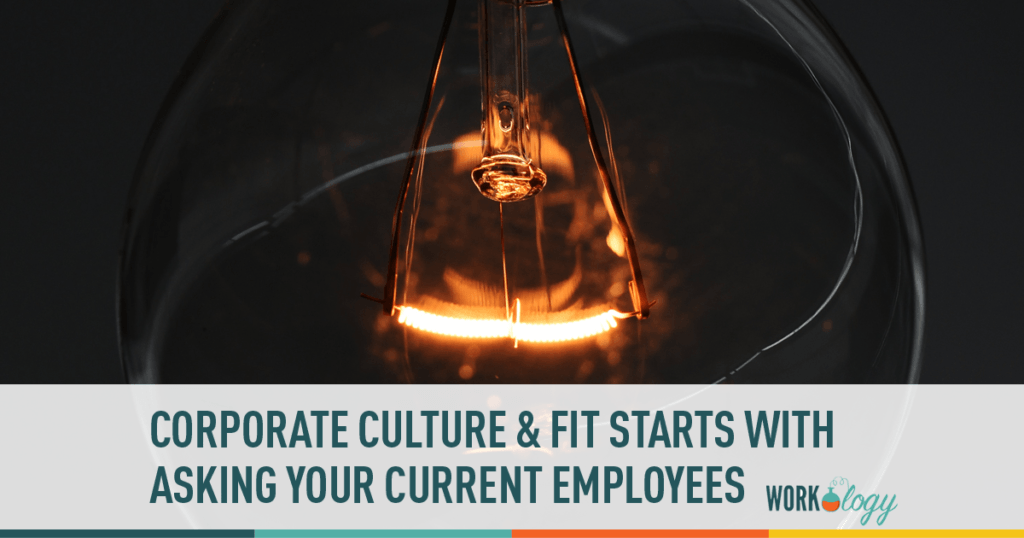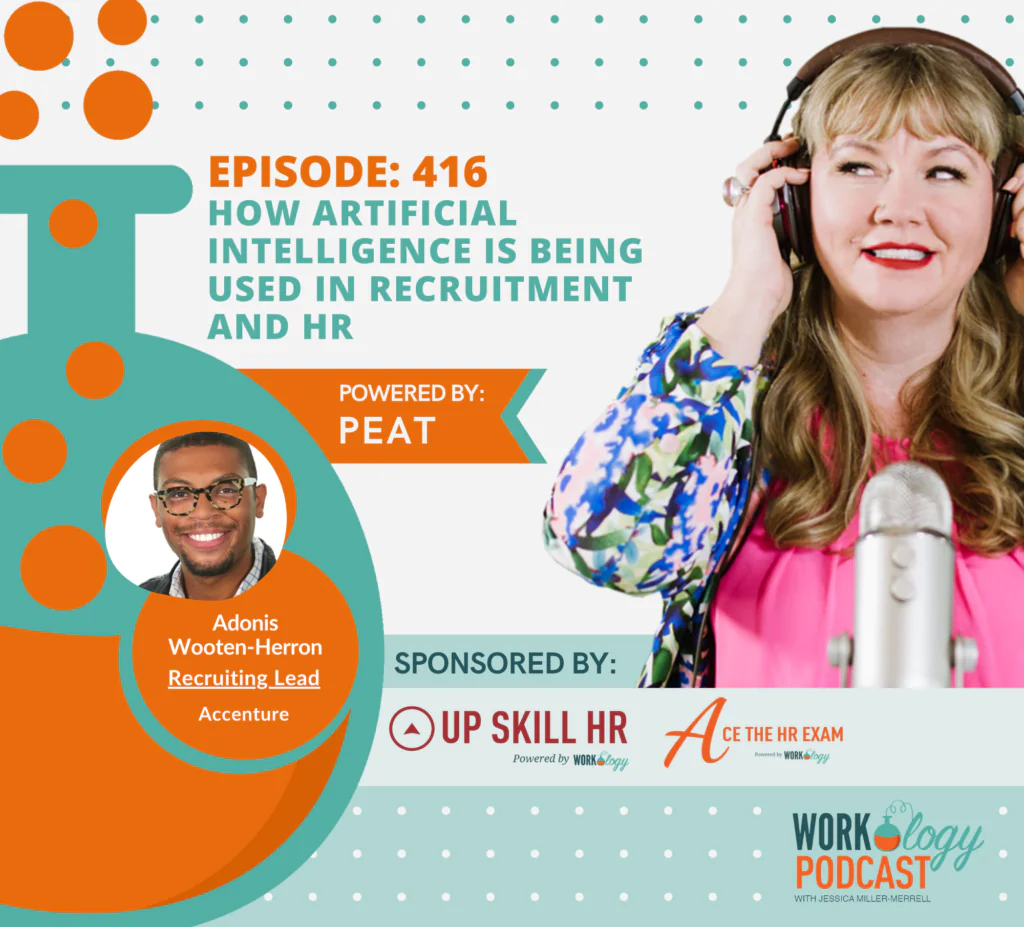Executives and HR professionals may have very different day-to-day roles, but the desire to build a productive, engaged workforce is one thing we do have in common. We’re both constantly looking for ways to not only bring in the best but also foster growth and engagement among our current workforce. I can certainly attest to this firsthand as it’s something I think about often. Most of us realize that as CEOs, we are the leaders who steer the ships, but we are nothing without our employees.
Engaged workforces live in exceptional corporate cultures
If you look at the companies whose workforces are happy, engaged and productive, the majority of the time you’ll find a common denominator: a great company culture. Exceptional corporate culture occurs when employers value team members and employees feel they play an important role in the company’s success. It starts with trust. Every employee within the organization has a job to do, working toward common goals that are typically based on business targets and profitability markers. Without trust, an employee and employer relationship can’t even function on a basic level, let alone grow. Trust is a guiding factor in employees seeing your company as one that’s worth being loyal to. Success can’t be achieved alone and it’s the recognition of that fact by all parties that creates a positive, productive environment.
When Forbes evaluated the traits of its 100 Best Companies to Work For this year, they found three trends among them. The most notable, in my opinion, is that the employers improved over the years because they focused on workplace culture as a competitive advantage. When a company provides a positive work environment, values employees and provides benefits that underscore that, they’re positioned to recruit the best and brightest. Best in class business leaders say their company culture is the biggest asset in recruiting and retaining employees at their company. It’s no coincidence that those same companies continue to grow and add jobs, and have outperformed the S&P 500 index by a ratio of nearly 2 to 1 since 1998.
The corporate culture fit factor
Since great company culture is built on a foundation of trust between employer and employee, it’s important that companies hire the right people to help foster trust. This is where culture fit comes into play. An employee who is a good culture fit believes in the company’s mission, upholds its values, meshes well with team members and possesses a work ethic that’s aligned with the expectations of the company. Culture fit is so important that it can actually be a better predictor of job success than specific experience. You can teach skills, but you can’t teach culture fit.
Establishing corporate culture and ensuring culture fit
At its core, organizational culture is about your people. It doesn’t come from an interoffice memo or organizational announcement. It comes from your employees, which is why it’s important to start by asking, speaking with, and most importantly, listening to your employees. Take the temperature of your current company culture, discover what employees want and brainstorm with them on how to get there. Create a collaborative process that not only gives them a voice but also provides you with valuable insights about your company and people.
After you’ve begun to understand what employees wish to see in terms of company culture and how it will look in the future, ensure continued success by evaluating future employees in terms of that corporate culture and how they would support and uplift your current workforce. This will help you establish what traits candidates should exhibit and values they should possess, which will shape your workforce for years to come.









